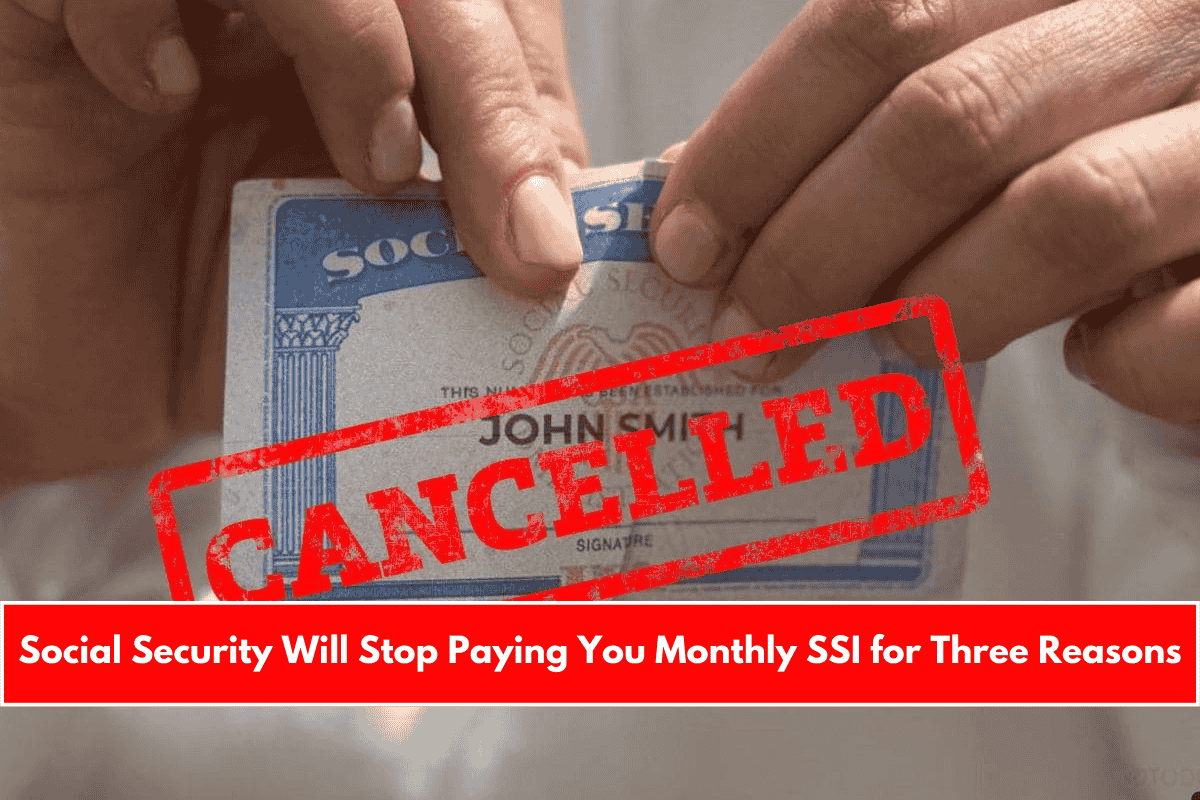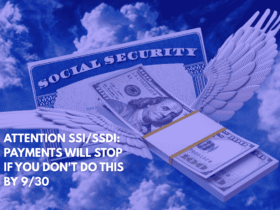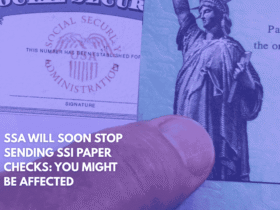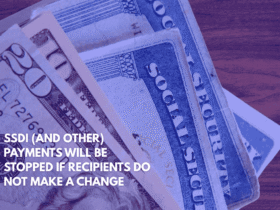Many people in the United States rely on the Supplemental Security Income (SSI) program to manage their day-to-day expenses. This program helps those who are disabled, above 65 years of age, or have very limited income and resources. It ensures that people who cannot earn enough to support themselves still get a minimum income each month.
But to keep receiving this support, it is important to follow all the rules. If any rule is broken or a condition changes, the Social Security Administration (SSA) can stop your payments.
This often comes as a surprise to many people, especially when they don’t know the exact reasons why payments can be cancelled. That’s why knowing these reasons is very important. It can help you avoid mistakes and make sure you keep getting the money that supports your family’s daily life.
Common Reasons Why SSI Payments Stop
The SSA keeps a close check on all SSI beneficiaries. If your situation changes, it could affect your eligibility. Here are the three most common reasons why SSI payments are stopped:
1. Earning More Than the Allowed Income
If your income increases—maybe you get a new job, start earning more, or receive money from other government benefits—you might cross the income limit set by the SSI program. Once this happens, the SSA may stop your monthly SSI check.
2. Changes in Disability or Age Requirements
If you receive SSI because of a disability, you must continue to meet the medical requirements. The SSA may do regular medical check-ups. If doctors say your condition has improved and you’re no longer disabled, you may lose your benefits.
Also, for people receiving SSI based on age (over 65), you must continue to meet residency rules. If those rules are not met, your payments may stop.
3. Going to Jail or Being Confined
If someone receiving SSI is sent to jail or stays in a public institution (like a government hospital) for more than 30 days in a row, the SSA will stop their payments. According to the law, you cannot get SSI while you are in prison.
Even though these are the main reasons, there are other factors too. So it’s very important to keep the SSA informed about any big changes in your life—like a new job, a move to a different state, or a change in health.

Can You Start Getting SSI Payments Again?
Yes, in most cases, you can get your SSI benefits back if you fix the issue that caused the payments to stop. But you must act quickly and provide correct information to the SSA.
For example, if your payments stopped because your income was too high, and later your income goes back below the limit, you can show proof and ask to restart your benefits.
If your disability benefits were stopped after a medical review, you can submit new medical reports showing that your disability still exists. This can help you get back your payments.
In the case of jail or confinement, your benefits are only paused. Once you are released, you can apply again. But you must do this within a certain time and meet all the program rules.
Losing SSI payments can feel very stressful, especially if you depend on them for daily needs. But it’s important to know that losing benefits is not always permanent. If you understand why the payments stopped and take the right steps quickly, you may be able to get them back.
Always stay updated about the program rules, inform the SSA of any changes in your situation, and act fast if there’s a problem. This way, you can protect your monthly income and keep your family financially stable.











Leave a Reply